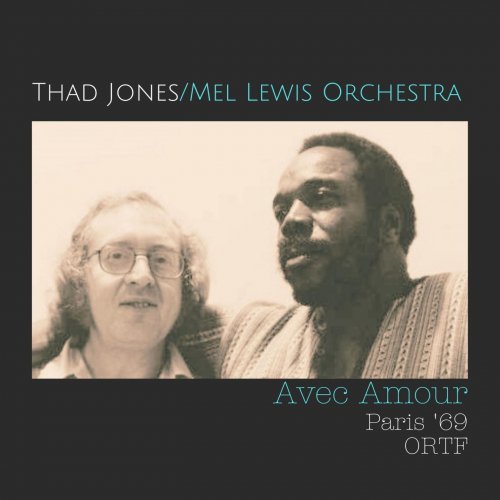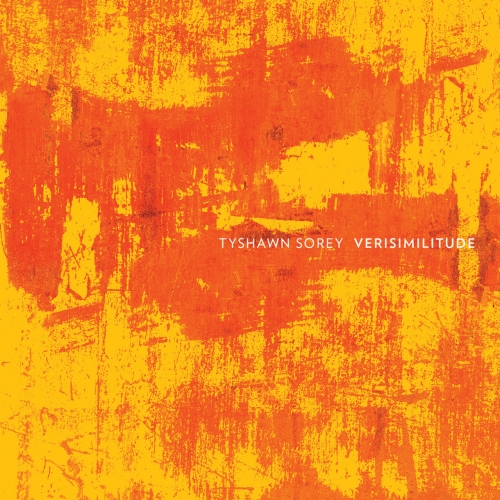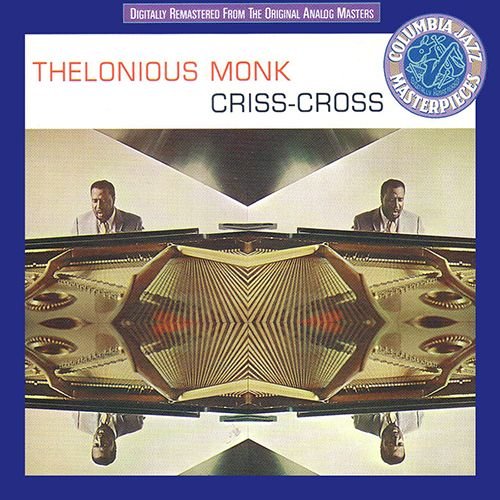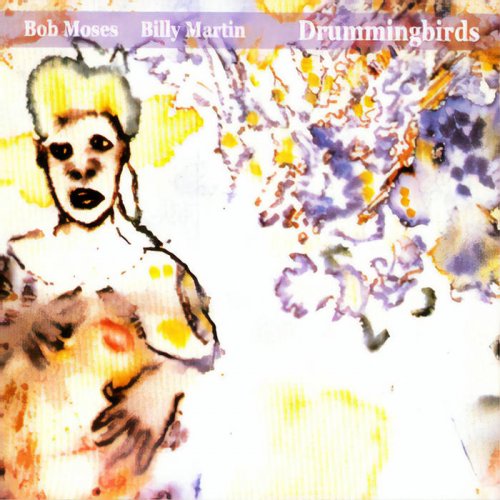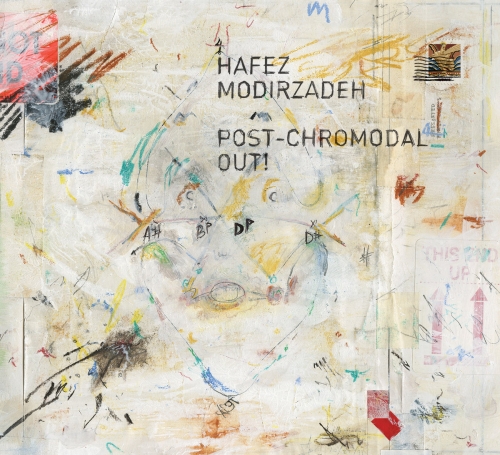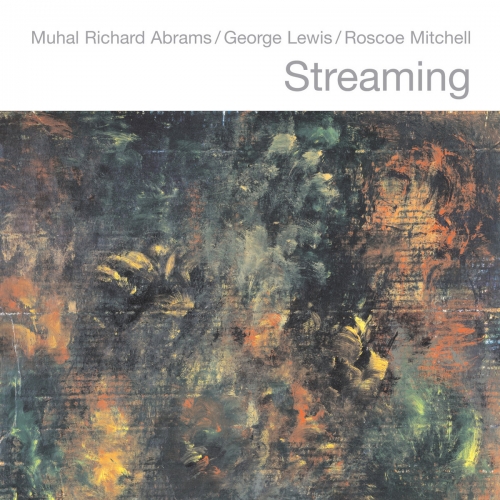Rustem Hayroudinoff, James Ehnes - Antonín Dvořák: Piano Concerto, Violin Concerto (2005)
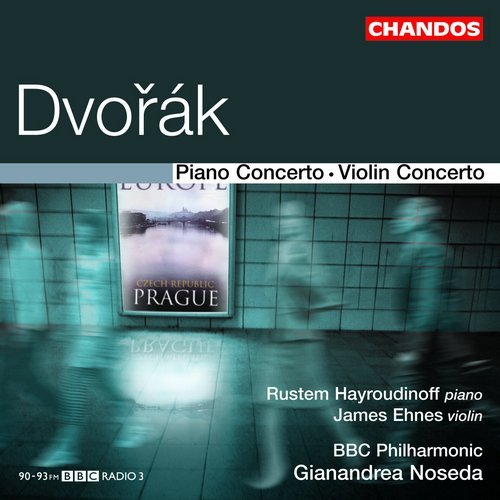
Artist: Rustem Hayroudinoff, James Ehnes
Title: Antonín Dvořák: Piano Concerto / Violin Concerto
Year Of Release: 2005
Label: Chandos Records
Genre: Classical
Quality: FLAC (tracks)
Total Time: 70:29
Total Size: 314 Mb
WebSite: Album Preview
Tracklist: Title: Antonín Dvořák: Piano Concerto / Violin Concerto
Year Of Release: 2005
Label: Chandos Records
Genre: Classical
Quality: FLAC (tracks)
Total Time: 70:29
Total Size: 314 Mb
WebSite: Album Preview
Antonín Dvořák (1841–1904)
[1]-[3] Concerto for Piano and Orchestra in G minor, Op. 33 (1876)
I. Allegro agitato - Poco tranquillo - Tempo I - Poco tranquillo - Tempo I
II. Andante sostenuto
III. Finale: Allegro con fuoco - Poco sostenuto - Tempo I
[4]-[6] Concerto for Violin and Orchestra in A minor, Op. 53 (1879, revised 1882–83)
I. Allegro ma non troppo
II. Adagio ma non troppo
III. Finale: Allegro giocoso, ma non troppo
Performers:
Rustem Hayroudinoff, piano
James Ehnes, violin
BBC Philharmonic
Gianandrea Noseda, conductor
It says much for the Russian pianist Rustem Hayroudinoff that he gives such a command- ing performance of the Dvorák Piano Concerto, always a tricky work to play thanks to unpianistic piano writing. Sviatoslav Richter, after making his classic recording with Carlos Kleiber, pronounced that it was the most difficult concerto he had ever tackled but somehow he made the original, unrevised piano-writing – which he insisted on using – sound totally convincing. Hayroudinoff takes a different course, but one which results in a performance just as dazzling and just as electrically compelling, thanks also to the brilliant and warmly committed playing of the BBC Philharmonic under Gianandrea Noseda.
Calum MacDonald explains in his excellent note that, though Hayroudinoff basically follows the composer’s original piano text, he modifies it in places where he feels the original is ineffective in favour of Vilém Kurz’s ‘performing version’. Yet where he feels that Kurz’s changes ‘seem to push the piano part too far in the direction of a typical romantic concerto’, he has ‘found his own solutions for staying true to Dvorák’s intentions’. Controversial or not, the result is a performance in which Hayroudinoff even more than Richter brings out the joyful, carefree quality of Dvorák’s inspiration, demonstrating what a wonderful fund of good melodies it contains. The clarity of his articulation in the trickiest passagework is phenomenal, and his phrasing in the central Andante sostenuto is limpidly beautiful, even warmer than that of Richter. Helped by full, rich sound which yet allows fine detail, Noseda and the BBC Philharmonic match the subtlety and point of the soloist’s playing, establishing this as an outstanding modern version.
Having Dvorák’s Violin and Piano Concertos on a single disc makes an apt and generous coupling. The Canadian violinist James Ehnes gives a strong, incisive performance with speeds on the fast side in the first two movements and with the furiant finale bitingly fresh. His rapid vibrato gives a distinctive timbre to his playing, making the slow movement less warmly romantic than it is in the two rival versions I list, yet Ehnes matches them in the magnetism of his performance. It is remarkable that so many young violin virtuosos have now recorded such fine versions of what was once thought an elusive piece. The recording, generally well-balanced, is yet less full and warm than in the Piano Concerto: strangely so, as both recordings were made by the same conductor and orchestra in the same venue.
Calum MacDonald explains in his excellent note that, though Hayroudinoff basically follows the composer’s original piano text, he modifies it in places where he feels the original is ineffective in favour of Vilém Kurz’s ‘performing version’. Yet where he feels that Kurz’s changes ‘seem to push the piano part too far in the direction of a typical romantic concerto’, he has ‘found his own solutions for staying true to Dvorák’s intentions’. Controversial or not, the result is a performance in which Hayroudinoff even more than Richter brings out the joyful, carefree quality of Dvorák’s inspiration, demonstrating what a wonderful fund of good melodies it contains. The clarity of his articulation in the trickiest passagework is phenomenal, and his phrasing in the central Andante sostenuto is limpidly beautiful, even warmer than that of Richter. Helped by full, rich sound which yet allows fine detail, Noseda and the BBC Philharmonic match the subtlety and point of the soloist’s playing, establishing this as an outstanding modern version.
Having Dvorák’s Violin and Piano Concertos on a single disc makes an apt and generous coupling. The Canadian violinist James Ehnes gives a strong, incisive performance with speeds on the fast side in the first two movements and with the furiant finale bitingly fresh. His rapid vibrato gives a distinctive timbre to his playing, making the slow movement less warmly romantic than it is in the two rival versions I list, yet Ehnes matches them in the magnetism of his performance. It is remarkable that so many young violin virtuosos have now recorded such fine versions of what was once thought an elusive piece. The recording, generally well-balanced, is yet less full and warm than in the Piano Concerto: strangely so, as both recordings were made by the same conductor and orchestra in the same venue.
